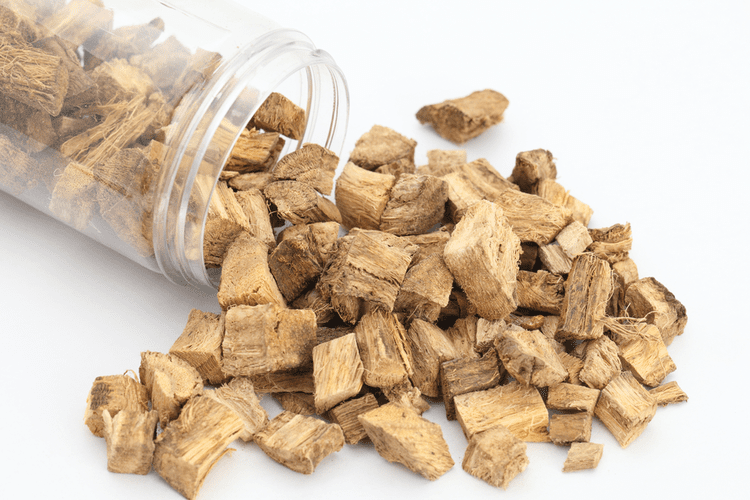Content
It is best to convey in words a specific concern you may have while using “I” statements. When we use “I” statements, it reduces accusation and allows us to articulate how we are feeling. I am concerned about your drinking, and it worries me.” Showing respect while being supportive is crucial; however, it is also pertinent to be prepared for various responses. Do not give up hope, as when you bring up your concerns it allows you the chance to share your feelings and be heard.
We’ve been working with alcoholics and addicts for more than 20 years and know just how difficult it can be to get through to someone stuck in addiction. Alcohol impairs judgement and inhibition, and chronic alcohol use can lead your loved one to engage in dangerous behaviors. For example, an alcoholic may drive while drunk, increasing their chances of getting into an accident and injuring themselves and others.
Avoid giving or lending money to an alcoholic.
Addiction is a dark, lonely place, so remind your loved one you are still there. If they are part of your social circle, continue to make them part of the group. The neurobiology of substance use, misuse, and addiction. Enabling occurs when someone else covers up or makes excuses for the https://ecosoberhouse.com/ person who has a SUD. As a result, the person with a SUD doesn’t deal with the consequences of their actions. Someone with AUD typically doesn’t want anyone to know the level of their alcohol consumption because if someone found out the full extent of the problem, they might try to help.
That can result in a lack of self-care, increased illness and sometimes struggles with depression and anxiety. Chances are good that you know someone who’s recovering from substance use disorder and could benefit from your support. Maybe they’re a close family member or friend, or maybe it’s someone you don’t know as well.
Helping Someone with a Drinking Problem
It’s OK to make choices that are good for your own physical and mental health. When the individual does not consume alcohol regularly, they may experience withdrawal symptoms and intense cravings. Talking to an alcoholic about their problem, especially if you don’t have firsthand experience with addiction yourself, can be complicated.
- When someone you care about is struggling with alcohol addiction, it can be difficult to know what to do.
- When you spend time together, try to suggest activities that don’t involve alcohol.
- SMART Recovery– Self-Management and Recovery Training is a program that aims to achieve abstinence through self-directed change.
- Get matched with a professional, licensed, and vetted therapist in less than 48 hours.
- However, family members and friends often have deep emotional ties that prevent them from having the objective viewpoint necessary for treatment.
- When it comes to addicted loved ones, what looks like and feels like support and love can actually be perpetuating their substance abuse.
When a friend shows signs of abusing alcohol or other drugs, it’s hard to know what to do or say. Being honest, open, and compassionate helps tremendously when sharing with your loved one your concerns about their drinking. Share with compassion your concerns while offering your support to your family member. Be sure to listen intently and not interrupt them while speaking.
How to Help Someone With Alcohol or Illicit Drug Addiction
It is important to be empathetic, compassionate, and understanding. Provide reassurance that you will be there to help your family member as much as you can. Imagine what it must be like to be in the other person’s shoes and covey that empathy when expressing yourself. The best outcome would be to have your family member agree to enter treatment. Providing a list of residential treatment options may be beneficial.

Dealing with the problem openly and honestly is the best approach. You may think, “If they really love me, they wouldn’t lie to me.” Verywell Mind articles are reviewed by board-certified alcohol addiction help physicians and mental healthcare professionals. Medical Reviewers confirm the content is thorough and accurate, reflecting the latest evidence-based research.